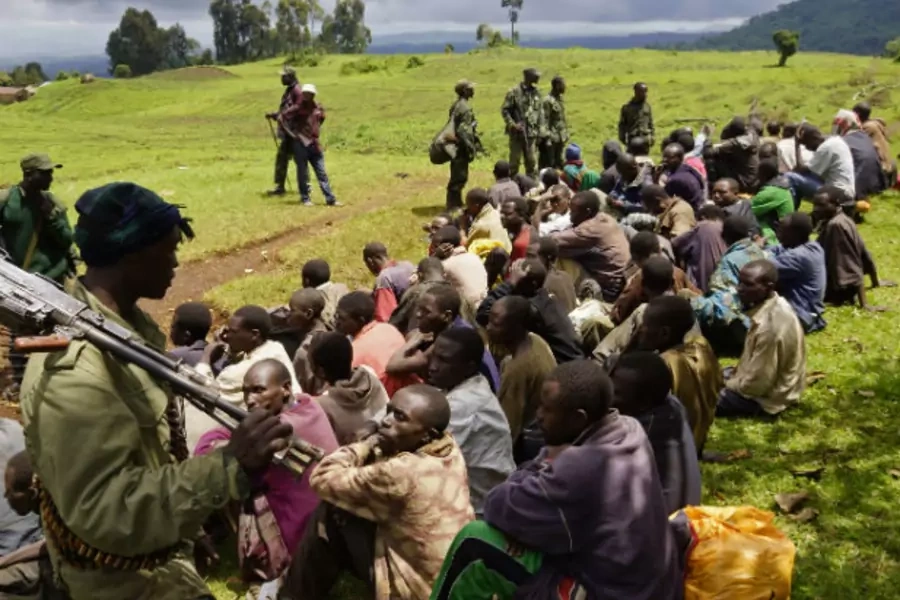More on:
For as long as a generation, parts of the eastern Congo have been hell on earth. The depredations of war lords, militias, and even the Congolese army itself, in a context of the breakdown of government and gangster-like intervention from abroad have made the region nearly unlivable. Eastern Congo has become notorious for the wholesale looting of its vast natural resources and the widespread use of rape for political ends. Under such circumstances, the announcement that a particularly vicious rebel group, M23, would end its rebellion and begin surrendering its weapons can only offer hope in what has long been a hopeless situation.
This positive development appears to be the result of some reforms in the Congolese army, international pressure on Rwanda, and a much more aggressive role for the UN peacekeeping force, the world’s largest and most expensive. Human rights and other activists have been advocating this formula for years. Exploring why it has taken so long to implement this strategy would take a book – we might start with Jason Stearns’ Dancing in the Glory of Monsters: The Collapse of the Congo and the Great War of Africa.
Despite Paul Kagame’s vociferous denials, the Congolese government in Kinshasa has long maintained that Rwandan support for the rebels and warlords has played a key role in the conflict. Kinshasa has called on the international community to bring pressure on Kigali and now it has done so, particularly by cutting aid to Rwanda. There has also been pressure on the Kinshasa government to make reforms. The UN Security Council finally broadened the mandate of the UN peacekeeping force, allowing it to pursue a much more aggressive role, and at least some members of the Congolese army have seen a need for reform, according to the New York Times.
M23’s surrender is not the end of eastern Congo’s travails. At best, it is no more than “the end of the beginning” in the effort to provide peace and security to a devastated region. Eastern Congo may be the region of the world that is the most wounded, with some of the worst social statistics in almost every category. Its recovery will require both the attention and the assistance of the international community. If either lapses, M23 is likely to have successors.
More on:
 Online Store
Online Store
